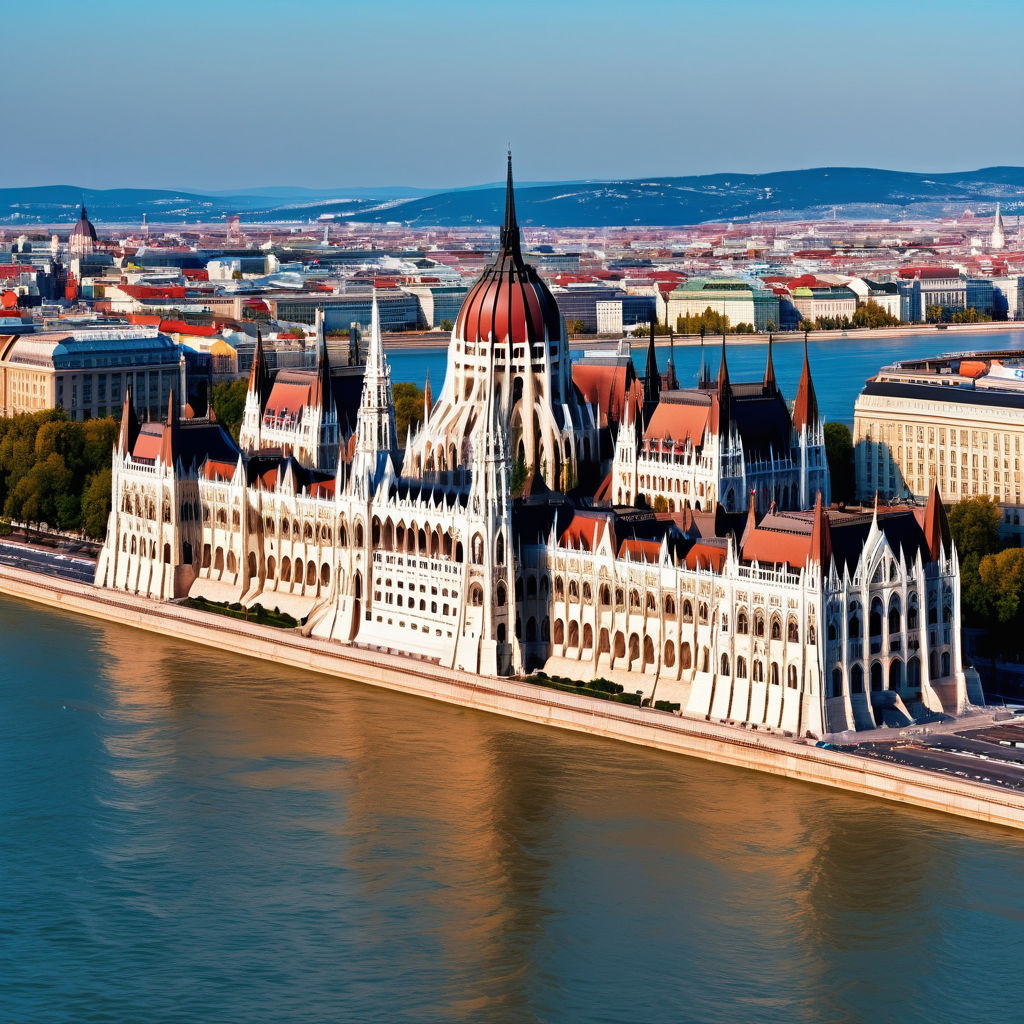Discover Hungary: A Land of Rich Cultural Heritage and Global Engagement
Exploring Hungary’s Cultural Legacy, Social Dynamics, and Cross-cultural Interactions

Introduction to Hungary
Hungary, located in Central Europe, is a landlocked country bordered by Slovakia to the north, Austria to the west, Slovenia and Croatia to the southwest, Serbia to the south, Romania to the east, and Ukraine to the northeast. Major cities include Budapest (the capital), Debrecen, Szeged, and Miskolc. Hungary boasts a rich cultural heritage, known for its historic architecture, thermal baths, and vibrant arts scene. The country has a storied history, having been part of the Austro-Hungarian Empire, and it is famous for its contributions to classical music, literature, and cuisine, particularly its goulash and paprika dishes.
Cross-national and Cross-cultural Understanding
Hungarians generally perceive and engage with other cultures with a blend of curiosity and caution, shaped by their historical experiences and national pride. The country's history as a crossroads of European cultures and its strategic location in Central Europe have fostered an inherent appreciation for cultural diversity. Despite some political challenges, there is a strong desire among many Hungarians to engage with the global community. Significant cultural exchanges and educational programs highlight Hungary’s efforts to foster global engagement. Institutions such as the Hungarian Cultural Institute and Eötvös Loránd University promote Hungarian culture internationally through events, exhibitions, and language courses. Additionally, various non-governmental organizations and international bodies support cultural preservation and exchange programs, fostering mutual understanding. International partnerships also enhance cross-cultural understanding. Hungary is an active member of international organizations such as the European Union, the United Nations, and the Visegrád Group, promoting cultural cooperation and exchange. These partnerships facilitate student exchanges, collaborative research projects, and cultural festivals, strengthening Hungary’s cultural ties with the world.
Interactions and Social Dynamics
Interactions between Hungarians and foreigners are typically characterized by politeness and a gradual warming up to familiarity. Hungarian social behaviors are influenced by cultural values such as "tisztelet" (respect), "vendégszeretet" (hospitality), and "közvetlenség" (friendliness). These values are often reflected in the way Hungarians engage with outsiders. Social behaviors in Hungary emphasize respect and politeness in initial interactions, which may seem reserved at first. Greetings often involve a handshake, and maintaining a respectful distance is common. Hospitality is an important aspect of Hungarian culture, and guests are often treated with care and generosity, frequently invited to share meals and participate in social gatherings. Communication styles in Hungary are generally direct yet polite. Hungarians value honesty and clarity in communication, often engaging in straightforward discussions. Non-verbal communication, such as body language and facial expressions, plays a significant role in interactions, adding to the overall expressiveness of conversations. Language plays a crucial role in facilitating interactions. Hungarian (Magyar) is the official language of Hungary, while English is widely spoken, especially among the younger generation and in urban areas. Additionally, many Hungarians speak German or French, reflecting the country’s historical ties and linguistic diversity. Multilingualism is valued and encouraged, especially in educational and professional settings.
Views on Dating and Relationships
Dating and relationships between Hungarians and foreigners are becoming more common, particularly among younger generations and in urban areas. Hungarian society tends to be conservative about relationships, heavily influenced by cultural and religious norms. However, there is a growing openness towards cross-cultural relationships as opportunities for international exposure increase. In Hungarian dating culture, there is often a strong emphasis on family approval and social harmony. Relationships are typically pursued with a long-term perspective, and traditional gender roles can play a significant role. Men are often expected to be providers and protectors, while women are expected to be nurturing and supportive. Cultural expectations and traditions, such as the importance of family approval and adherence to religious practices, can impact relationships. Understanding and respecting these cultural norms is essential for successful cross-cultural relationships in Hungary.
Marriage and Family
Marrying foreigners is accepted in Hungary, though it comes with certain social and familial considerations. Legal considerations for such marriages involve specific regulations governed by Hungarian civil law. There is no pressure for non-Catholic spouses to convert to Catholicism, reflecting the country’s secular and inclusive approach to marriage. Socially, Hungarian families are generally open to cross-cultural marriages, although there may be initial reservations about cultural differences and social compatibility. However, acceptance typically increases as relationships develop and families get to know the foreign partner. Family plays a central role in Hungarian culture, and marrying into a Hungarian family often involves participating in family gatherings and traditions. Common practices in cross-cultural marriages include celebrating both Hungarian and foreign traditions, creating a blended cultural environment. For example, a couple might celebrate Hungarian holidays like St. Stephen's Day and Christmas alongside holidays from the foreign partner’s culture.